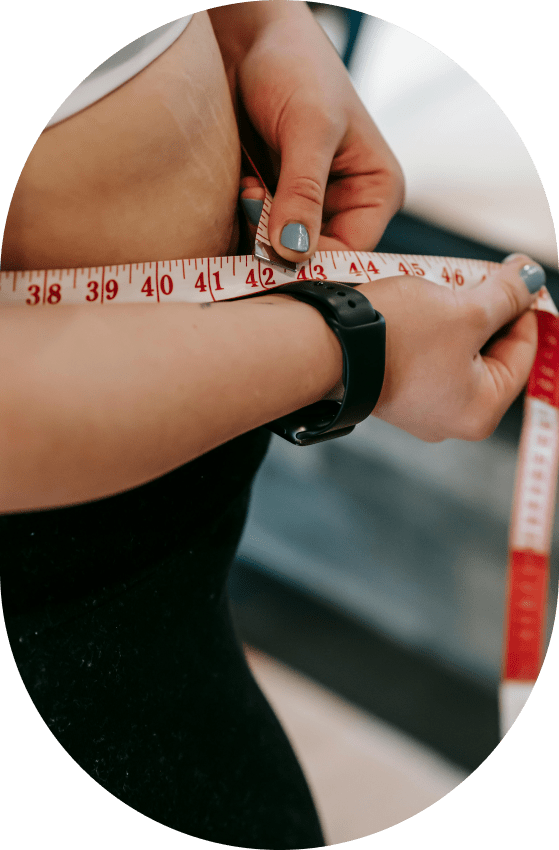Here’s my journey with emotional eating and the strategies I found helpful for overcoming it:
1. Recognizing the Pattern
The first step in managing emotional eating is recognizing when it happens. For me, it often occurred during stressful times or when I was feeling particularly down. I would crave sweet and salty snacks, even if I wasn’t physically hungry. Keeping a food diary helped me notice these patterns. By recording what I ate and how I felt before and after eating, I could clearly see the connection between my emotions and my eating habits.
This kind of self-awareness was a major turning point for me. Once I was conscious of the times when I was more likely to turn to food for comfort, I could start to address the issue head-on.
2. Understanding My Triggers
Recognizing the pattern of emotional eating naturally led me to identify my specific triggers. For instance, a tough day at work or feeling lonely often led me straight to the snack cupboard. Even watching an emotional TV show could prompt me to indulge in unnecessary snacks.
Understanding these triggers allowed me to come up with a plan. Instead of simply reaching for food, I began to experiment with different ways to cope with these emotions.
3. Finding Alternative Outlets
To effectively manage my emotional eating, I needed to find other ways to deal with my emotions. Here are a few things that worked for me:
- Exercise: Taking a walk or doing some yoga helped me clear my head and manage stress. The physical activity boosted my mood and provided a healthy outlet for any pent-up emotions.
- Journaling: Writing about my feelings provided clarity and helped me process them in a healthy way. It was a great way to get in touch with my emotions and understand them better.
- Meditation: Practicing mindfulness and meditation made me more aware of my body’s hunger signals and kept me grounded. By focusing on my breathing and calming my mind, I could more effectively handle emotional triggers without reaching for food.
4. Mindful Eating
Another key strategy was learning to eat with intention. I worked on paying attention to the flavors and textures of my food, taking my time with each bite, and putting my fork down between bites. This approach helped me recognize when I was truly full, rather than just eating for the sake of eating or out of habit.
By slowing down and savoring my meals, I could appreciate the food more and notice when I was satisfied. This made me less likely to overeat.
5. Building a Support System
Talking to friends and family about my goals and struggles made a huge difference in my journey. Their encouragement kept me motivated, and they often offered advice or new strategies to try.
Surrounding myself with supportive people also helped me stay accountable. When I felt the urge to emotionally eat, I could reach out to someone for support, whether it was a quick chat or a meetup to distract me.
6. Being Kind to Myself
One of the most important lessons I learned was to be gentle with myself. There were days when I slipped back into old habits, and that’s okay. I reminded myself that progress is not linear and every small step in the right direction counts.
Practicing self-compassion helped me bounce back from setbacks without feeling discouraged. Instead of beating myself up, I focused on what I could learn from each experience.
7. Seeking Professional Help
If you’re finding it tough to manage emotional eating on your own, seeking help from a therapist or a counselor can be incredibly beneficial. They can provide you with tools and strategies tailored to your unique situation.
Professionals can offer insights and support that go beyond what you might be able to achieve alone. Therapy can be a safe space to explore your emotions and develop healthier coping mechanisms.
Final Thoughts
Overcoming emotional eating isn’t easy, but it is possible. By recognizing the pattern, understanding my triggers, and finding healthier outlets for my emotions, I’ve been able to better manage my eating habits. This, in turn, has helped me reach my weight loss goals and improved my overall health and happiness.
If you’re on this journey too, remember to be patient with yourself and celebrate every step forward! This is a process of self-discovery and growth, and with time and persistence, you can create a healthier relationship with food.

